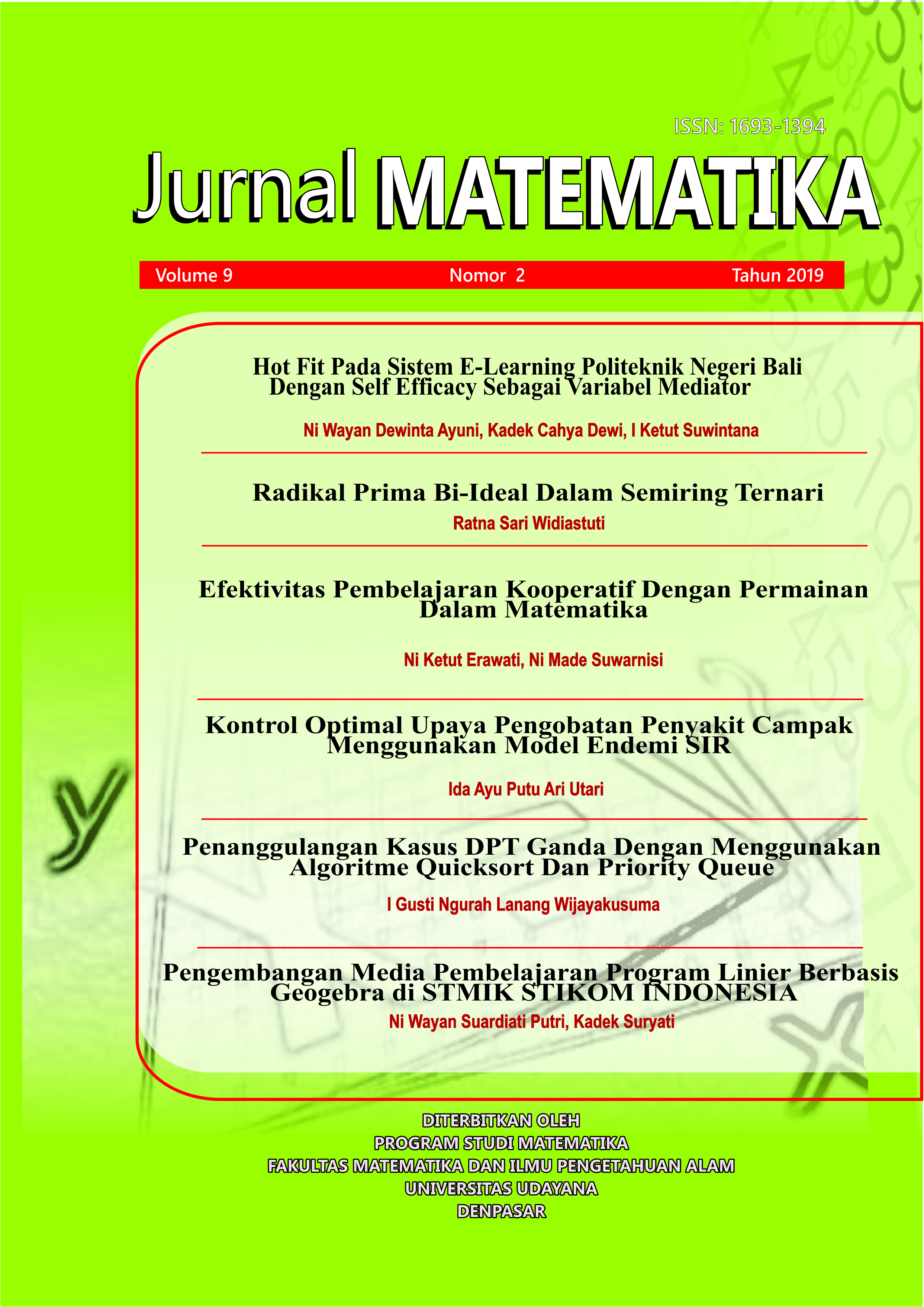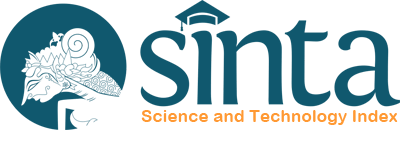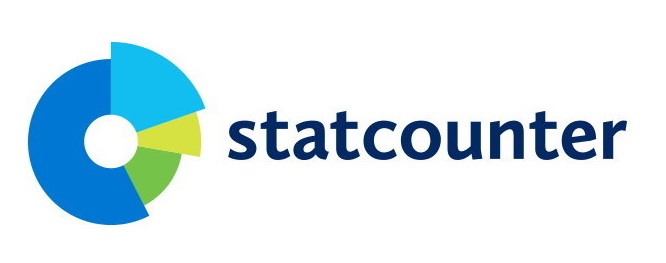Hot Fit Pada Sistem E-Learning Politeknik Negeri Bali Dengan Self Efficacy Sebagai Variabel Mediator
Abstract
Human Organization Technology Fit (HOT FIT) is a model used for evauating a system. This HOT FIT model uses three main components in system evaluation, namely the human component, organization, and technology. These components are analyzed for their influence on Net Benefit or the usefulness of the system. The technology component is divided into three latent variables namely system quality, information quality, and service quality, while the organizational component is divided into two latent variables, namely the role of organization and environment. The human component is represented by self efficacy variable. This variable is defined as a mediator variable. Mediator variables are variables that theoretically affect the relationship between independent variables with the dependent variable into an indirect relationship and cannot be observed and measured. The e-learning system of Politeknik Negeri Bali has been implemented since 2012. As a base for e-learning development, an evaluation of the PNB e-learning system is worth doing. The HOT FIT model is considered to be the most appropriate model. The analytical tool used is Structural Equation Modeling using SmartPLS 3.0. The results showed that the SEM model has Q square value of 84.03%. Hypothesis testing shows that the Self Efficacy variable successfully mediates the effect of the Organization variable on the Net Benefit variable.
Downloads

Jurnal Matematika (JMAT) is licensed under a Creative Commons Attribution License (CC BY-NC 4.0)

















